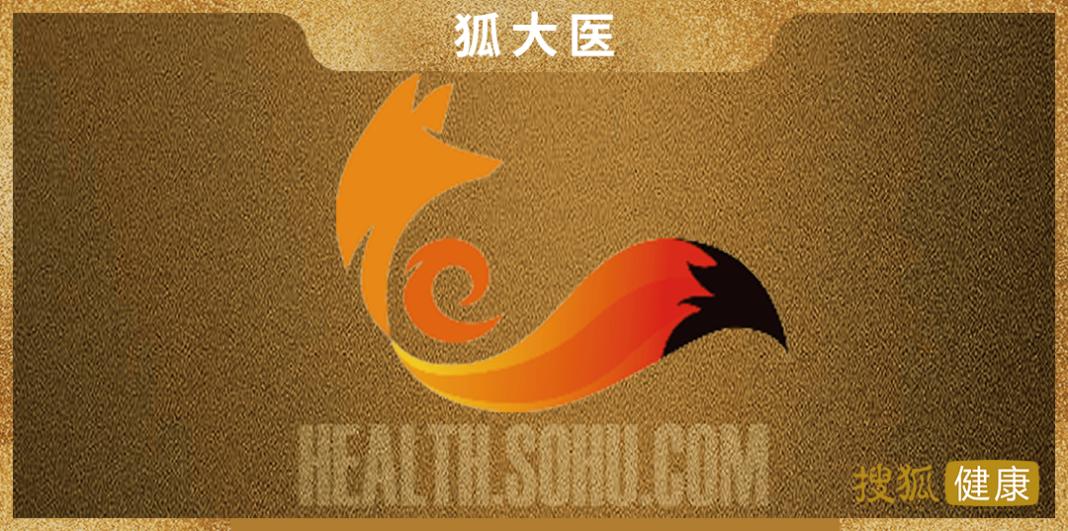Produced by | Sohu Health
Author | Shunyi Maternal and Child Hospital Urology Department Mo Zhiqiang
Editor | Liu Jiabi
The care after circumcision directly affects the speed and effectiveness of recovery. Mo Zhiqiang, from the urology department of Shunyi Maternal and Child Hospital, introduced that through scientific pain management, reasonable handling of bleeding and oozing, proactive approach to urination difficulties, appropriate treatment of swelling and redness, strict personal hygiene, moderate activity and exercise restrictions, and following medical advice on medication, patients can smoothly pass through the recovery period.
1. Postoperative pain management
Postoperative pain is a normal phenomenon, and its severity varies from person to person. Some patients may experience no pain throughout, while others may have it for several days.
If the pain is unbearable, non-prescription drugs such as ibuprofen, painkillers, etc., can be taken under the doctor’s guidance. In general, the pain will significantly relieve within 1-2 days.
2. Handling of bleeding and oozing
A slight pale oozing may occur within 3-4 days after the operation, which is normal. When there is mild bleeding, gentle pressure with a clean cotton swab can be applied to stop the bleeding.
If there is a large amount of bleeding or the blood color is dark red, immediate medical treatment should be sought to prevent any unexpected situations.
3. Approach to urination difficulties
Psychological relaxation
Postoperative urination difficulties may be due to pain or tension. Patients should try to stay relaxed and can relieve it through bladder area massage, hot compress on the lower abdomen, listening to running water sounds, etc.
Avoid holding urine
Remind patients to urinate timely, avoiding prolonged urine retention which leads to bladder overfilling.
4. Treatment of swelling and redness
Around 7 days postoperatively, the operated area may exhibit different degrees of redness and swelling. This is a normal physiological response, and there is no need to overly worry.
Enhance rest, avoid strenuous exercise and excessive activity to reduce swelling and pain.
5. Personal hygiene and cleanliness
Bathing time
You can start bathing 3-5 days postoperatively, but initially, use plain water, avoid using shower gel, and keep the water temperature moderate. Only resume normal bathing after the circle (surgical ring) falls off.
Local cleaning
After each bath, gently wipe the space between the glans and the ring with a clean cotton swab to clean the local secretions and keep it dry and clean.
6. Activity and exercise restrictions
On the day of the operation, try to rest in bed as much as possible to reduce bleeding and swelling.
From the second day onwards, you can move around within the community appropriately but avoid strenuous exercise. Refrain from swimming within a month, do not ride a bike, play ball, or skateboard before the ring falls off to prevent collision or friction.
7. Medication guidance
Follow medical advice on medication
After the operation, you may need to take some antibiotics or painkillers. Be sure to take them on time and as directed by the doctor.
Topical medication
If necessary, the doctor may prescribe some topical ointments or disinfectants to prevent infection and promote healing. When using them, carefully read the instructions and follow the medical advice.
8. Psychological care and encouragement
Postoperative patients, especially children, may feel anxious or depressed due to pain, discomfort, or limited activities. Parents should provide sufficient care and encouragement to help them establish a positive mindset towards the recovery process.
During the recovery period, parents should patiently accompany the patients, pay attention to their physical condition and psychological changes, and provide help and support in a timely manner.


